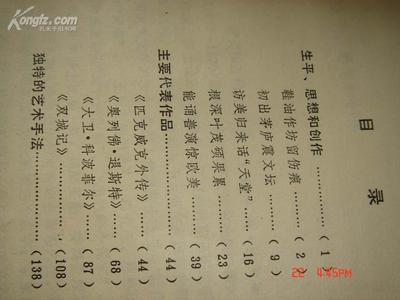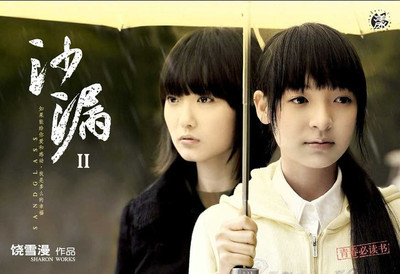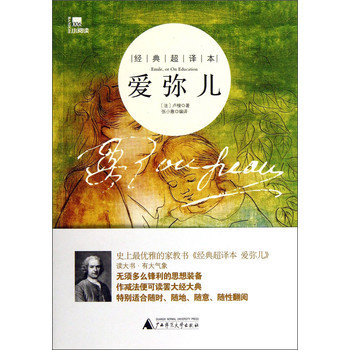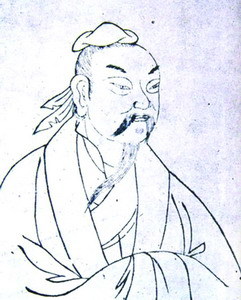英国作家狄更斯《双城记》 的开场白乃世人公认之经典,看到了上世纪初的译文,感觉很有意思,录此。

It was the best of time, it was the worst oftime, it was the age of wisdom, it was the age of foolishness, itwas the epoch of belief, it was the epoch of incredulity, it wasthe season of light, it was the season of darkness, it was thespring of hope, it was the winter of despair, we had everythingbefore us, we had nothing before us;wewere all going direct to heaven, we were all going direct the otherway - in short, the period was so far like the present period, thatsome of its noisiest authorities insisted on its being received,for good or for evil, in the superlative degree of comparisononly.
——CharlesDickens A Taleof Two Cities
时之圣者也,时之凶者也。此亦蒙昧世,此亦智慧世。此亦光明时节,此亦黯淡时节。此亦笃信之年,此亦大惑之年。此亦多丽之阳春,此亦绝念之穷冬。人或万事俱备,人或一事无成。我辈其青云直上,我辈其黄泉永坠。当时有识之士咸谓人间善恶或臻至极。亦必事有所本,势无可绾,但居之习之可也。
——《二城故事》中华书局1913年版 魏易 译
在引用其他两位译者的译文:
那是最美好的时代,那是最糟糕的时代;那是智慧的年头,那是愚昧的年头;那是信仰的时期,那是怀疑的时期;那是光明的季节,那是黑暗的季节;那是希望的春天,那是失望的冬天;我们全都在直奔天堂,我们全都在直奔相反的方向——简而言之,那时跟现在非常相象,某些最喧嚣的权威坚持要用形容词的最高级来形容它 。说它好,是最高级的;说它不好,也是最高级的。
——孙法理 译
那是最美好的时代,那是最糟糕的时代;那是个睿智的年月,那是个蒙昧的年月;那是信心百倍的时期,那是疑虑重重的时期;那是阳光普照的季节,那是黑暗笼罩的季节;那是充满希望的春天,那是让人绝望的冬天;我们面前无所不有,我们面前一无所有;我们大家都在直升天堂,我们大家都在直下地狱——简而言之,那个时代和当今这个时代是如此相似,因而一些吵嚷不休的权威们也坚持认为,不管它是好是坏,都只能用"最……"来评价它。
——宋兆霖 译
 爱华网
爱华网



